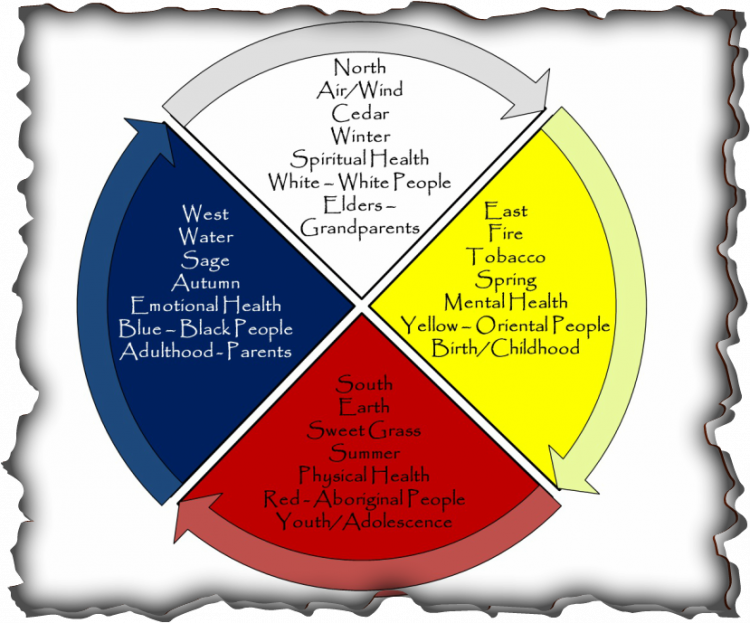“Health is a state of complete physical, mental and social well-being and not merely the absence of disease or infirmity" ~World Health Organization, 1946
The origins of this definition of health from the World Health Organization can be traced back to the Greek philosopher Aristotle. He saw health in this multi-dimensional, interconnected way. His ideas bear resemblance to views of health taught through the medicine wheel, used by many Indigenous peoples throughout the Americas. Health, for them, was about attaining a state of well-being – a state of personal thriving and collective flourishing – by maintaining balance across all these dimensions.

Throughout history, health has been defined and portrayed in different ways. When infectious diseases were the main cause of illness and death, Western medicine defined health as the absence of disease. The focus was on “diseases” and “disorders,” and health was about protecting people from problems. The disease model continues to be a dominant focus in our healthcare systems today.
Even gambling has been regarded as a disease. So, today some still think of problem gambling as a disease that requires treatment and careful monitoring, just like diabetes. But the disease model does not offer us much guidance in understanding how gambling might be positive and contribute to well-being for some while being destructive in the lives of others.
Aristotle introduced the idea of the Golden Mean. We must always find a balance in order to live well. Even in virtues such as courage, we have to find the way between cowardice and recklessness. The medicine wheel encourages us to see how all things are connected within the circle of life. Physical health cannot be pursued in isolation. Neither can wealth, or good times. If we engage in gambling to an excess, we are likely to experience harms in different areas.
Well-being is a virtue – something we cultivate as a balanced whole. It is a deeply personal journey, but also a social journey. One that requires ongoing reflection and adjustments along the way. Gambling can contribute to well-being when we use it as a means of excitement, social connection or intellectual challenge. It can quickly strip us of well-being should we let it become the master.
To think about – or discuss with a friend
- How can gambling be used to make connections and contribute to wellness?
- What would be some signs to watch for that might indicate gambling was becoming the master?
- Are there parts of your life that are out of balance? How could you re-create balance?
